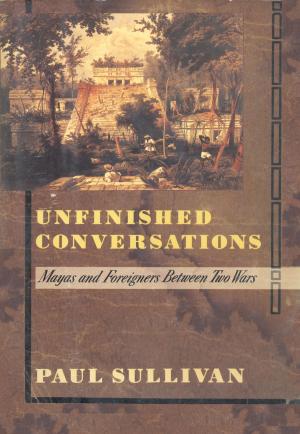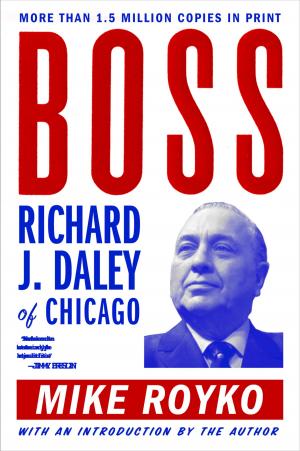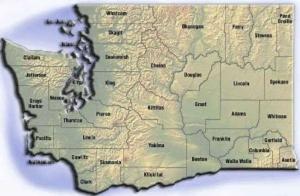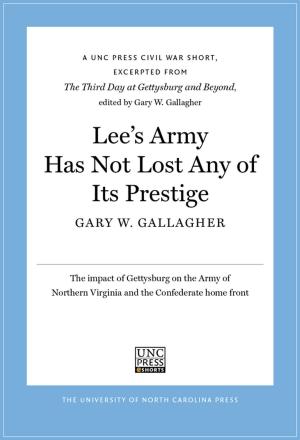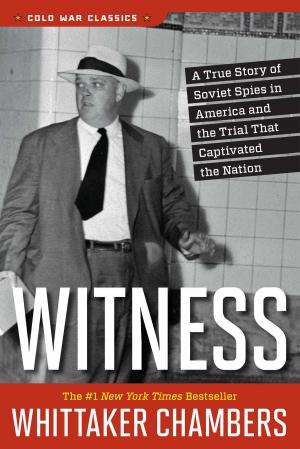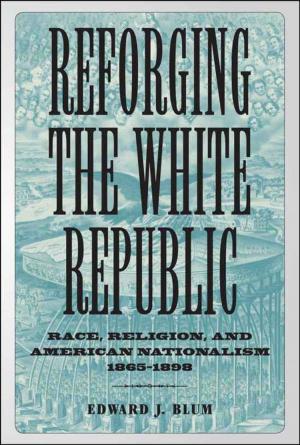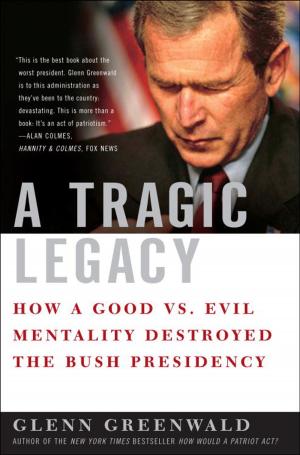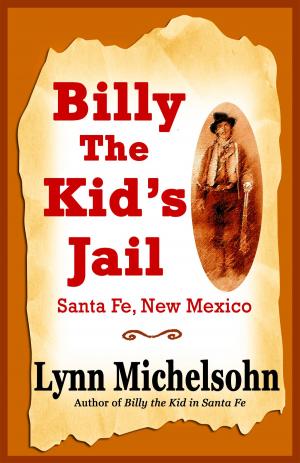| Author: | Paul Kalra | ISBN: | 9780964717381 |
| Publisher: | Antenna Publishing Co. | Publication: | March 27, 2011 |
| Imprint: | Smashwords Edition | Language: | English |
| Author: | Paul Kalra |
| ISBN: | 9780964717381 |
| Publisher: | Antenna Publishing Co. |
| Publication: | March 27, 2011 |
| Imprint: | Smashwords Edition |
| Language: | English |
A century and a half ago the first shots fired at Fort Sumter began the Civil War that claimed 620,000 American lives—more than all other wars the country has waged. In "From Slave to Untouchable: Lincoln’s Solution", Paul Kalra challenges the assumption that the Civil War was fought to end black slavery in the United States.
He meticulously traces the evolution of slavery in the U.S. to the Protestant slave code adopted by Southern slaveholders. It was primarily slaveholders—the wealthiest, most powerful class in pre–Civil War America—who framed the undemocratic Constitution that essentially divided the populace into slaveholders and non-slaveholders. Slaves were declared less than human; a commodity to be bought, used, and sold to further their masters’ economic advantage; and not entitled to citizenship or civil rights.
Even the Northerners, who had abolished slavery to attract European wage workers rather than on moral grounds, accepted it as long as blacks remained in the South. As immigrants flooding the slave-free North diminished the South’s political advantage, and the slaveholders’ unfair Constitution threatened the nation’s economic balance, it became clear that the lies written into the Constitution were not sustainable. The tipping point was the election of Lincoln, whose opposition to expanding slave territories translated to the inevitability of Civil War.
Kalra contends that Civil War bloodshed could have been avoided had early Americans adopted the Catholic slave code—which recognized the humanity of slaves—rather than the Protestant code. His well-crafted argument weaves in an impressive array of perspectives, often in the words of the players—Northerners and Southerners, slaveholders and slaves, distinguished and obscure voices of the times. Finally, he maintains that the legacy of the slaveholders’ self-serving Constitution persists today, rendering blacks in America an essentially “untouchable” class, still viewed by whites as second-class citizens.
A century and a half ago the first shots fired at Fort Sumter began the Civil War that claimed 620,000 American lives—more than all other wars the country has waged. In "From Slave to Untouchable: Lincoln’s Solution", Paul Kalra challenges the assumption that the Civil War was fought to end black slavery in the United States.
He meticulously traces the evolution of slavery in the U.S. to the Protestant slave code adopted by Southern slaveholders. It was primarily slaveholders—the wealthiest, most powerful class in pre–Civil War America—who framed the undemocratic Constitution that essentially divided the populace into slaveholders and non-slaveholders. Slaves were declared less than human; a commodity to be bought, used, and sold to further their masters’ economic advantage; and not entitled to citizenship or civil rights.
Even the Northerners, who had abolished slavery to attract European wage workers rather than on moral grounds, accepted it as long as blacks remained in the South. As immigrants flooding the slave-free North diminished the South’s political advantage, and the slaveholders’ unfair Constitution threatened the nation’s economic balance, it became clear that the lies written into the Constitution were not sustainable. The tipping point was the election of Lincoln, whose opposition to expanding slave territories translated to the inevitability of Civil War.
Kalra contends that Civil War bloodshed could have been avoided had early Americans adopted the Catholic slave code—which recognized the humanity of slaves—rather than the Protestant code. His well-crafted argument weaves in an impressive array of perspectives, often in the words of the players—Northerners and Southerners, slaveholders and slaves, distinguished and obscure voices of the times. Finally, he maintains that the legacy of the slaveholders’ self-serving Constitution persists today, rendering blacks in America an essentially “untouchable” class, still viewed by whites as second-class citizens.

